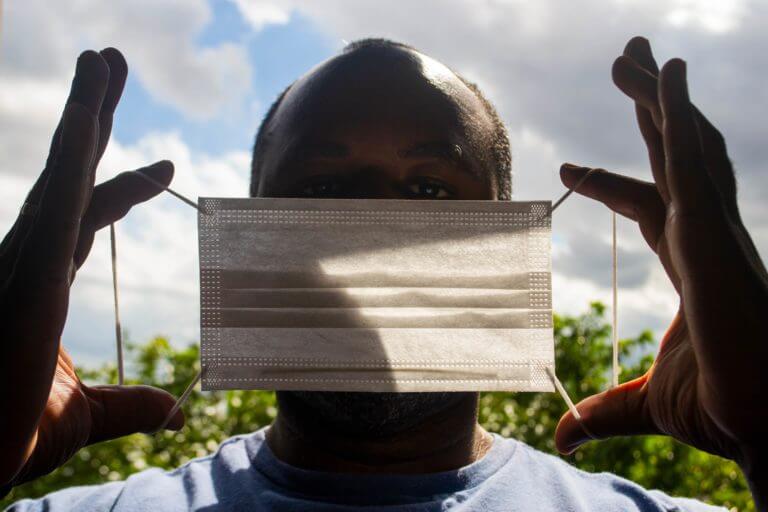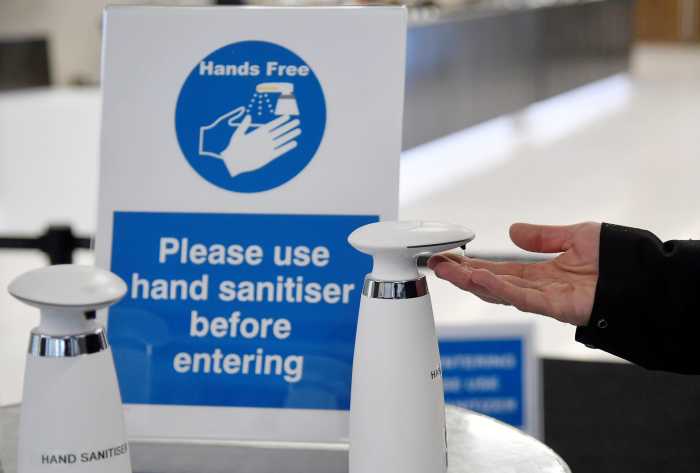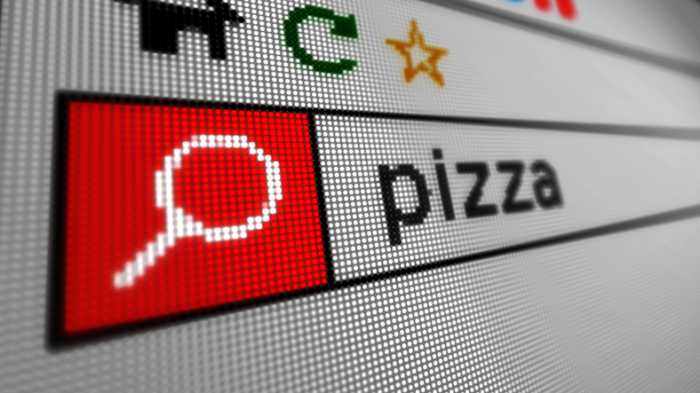By Briana Bonfiglio
Older New Yorkers of color have been most severely impacted by the COVID-19 pandemic, which is further widening existing race-based gaps in health, housing, and food insecurity, according to a new research study by AARP New York.
The report, Disrupting Disparities 3.0, found that New York nursing homes with at least a quarter of Black and Hispanic residents have been twice as likely to have a Covid-19 outbreak than homes with a less-than-5 percent Black and Hispanic population.
“The pandemic and its impact on older New Yorkers has been appalling,” said Beth Finkel, AARP New York State director. “In every facet of life, 50-plus individuals and communities of color have bore a huge brunt of Covid.”
The study shows that about 25 percent of Black and Latino families were unable to pay their rent in May, as opposed to 14 percent of white households. During May and June, half of Black tenant households in New York had fallen behind on rent.
Disrupting Disparities 3.0 is the third in a series of reports analyzing racial and ethnic-based inequities and outlining concrete solutions to level the playing field. The project, which began in 2018, is a partnership between AARP New York and the NAACP New York State Conference, New York Urban League, Asian American Federation, and Hispanic Federation.
On Nov. 17, directors from AARP New York and partnering organizations held a virtual conference to present and discuss the findings.
Reggie Nance, an AARP New York associate state director for multicultural outreach, noted that “more than 6,500 people have died in New York nursing homes since the onset of the pandemic.”
This happens at a time when the rates of Black people entering nursing homes is increasing, while the rate of white people entering nursing homes is going down, he said.
Food insecurity, which is the limited availability or access to adequate food, is another major concern in the report. “Covid-19 has significantly increased food insecurity,” said Maggie Castro, an AARP New York associate state director for multicultural outreach, adding that there is a definite racial divide among food-insecure adults.
The federal Supplemental Nutrition Assistance Program (SNAP) provides benefits and food-purchasing assistance to reduce food insecurity, but more than 330,000 eligible New York State residents, ages 60 and older, are not enrolled in the program. Most of those who are enrolled in SNAP live alone and in the pandemic, leaving home, even for food, poses a problem for at-risk residents.
Disrupting Disparities 3.0 proposes several solutions to the systematic ills plaguing communities of color in New York, including a housing access voucher program for homeless New Yorkers or those facing homelessness. It also proposes cost-effective home- and community-based services that allow older people to stay home, ensuring online food shopping and delivery for SNAP recipients, as well as guaranteed access to adequate testing and personal protective equipment for home health aides.
“Our goal is to make sure we’re keeping people safe in their homes,” said Kristen McManus, AARP New York’s associate state director for advocacy.
Additionally, the report calls for an independent review of New York State’s handling of Covid-19 in nursing homes, a long-term care task force, and an extended moratorium on evictions throughout the state’s entire state of emergency.
Rep. Hakeem Jeffries (D-Brooklyn) and Doug E. Fresh, a hip-hop artist and social advocate, attended the virtual conference to further discuss these issues.
“Too often, when New York catches a cold, communities of color catch a fever,” Jeffries said. “New Yorkers need comprehensive relief now, and we must ensure that any relief provided will help disrupt the racial and ethnic disparities within our state and nation.”
“It doesn’t make me feel good to see the conditions and people not being able to make money and go out there and support their families,” Fresh said. “We’re living in a time where we have to be more concerned about each other, not just ourselves. We have to support each other.”
-With Maia Vines
This story first appeared on our sister publication longislandpress.com.
































